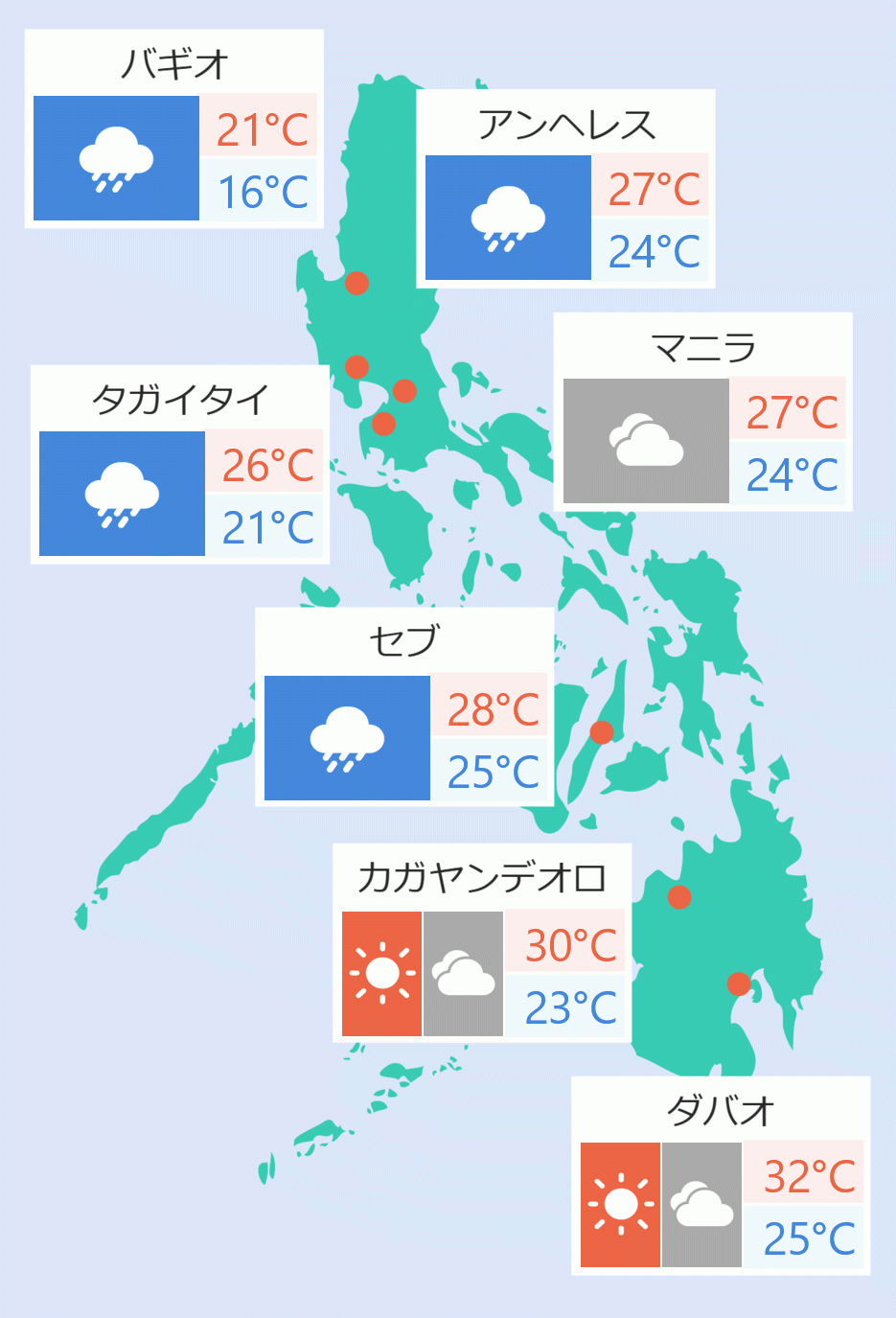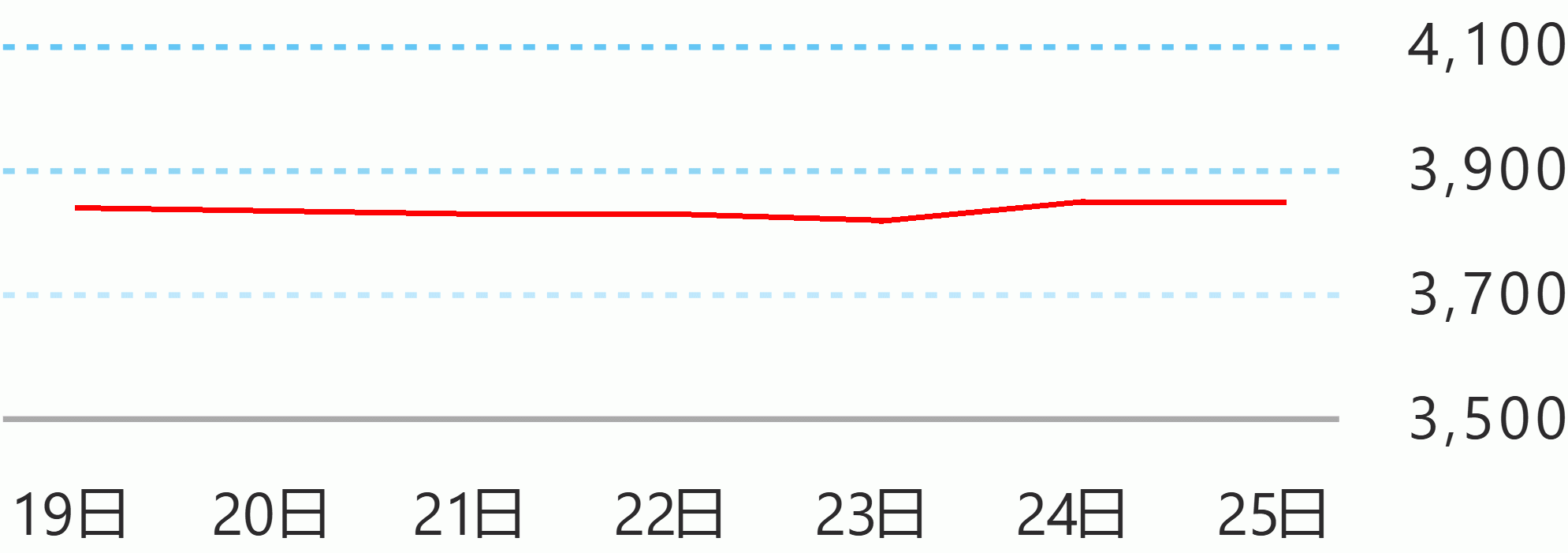A Japanese pharmaceutical company partnered with the Union of Local Authorities of the Philippines (ULAP) to raise dengue control and prevention awareness in local communities amid the absence of dengue vaccines in the country.
Under the E-CODE project, ULAP and Takeda Healthcare Philippines Inc. together with the local government of Mandaluyong City initiated a forum to educate the local officials of different barangays on how to prevent the increase of dengue cases in the city.
ULAP policy officer Edmond Deo Cuaresma said the E-CODE project "aims to raise awareness and empower both health workers and residents at the grassroots level with the knowledge and tools to fight dengue effectively".
"We commend the city of Mandaluyong for being among the front runners in advancing Global Initiatives for dengue Prevention and Community Health. Community engagement is an integral part of improving overall the healthcare system, your commitment reflects the type of leadership that pull ups seek to amplify nationwide practical, inclusive and responsiveness to the everyday realities of our people," he added.
In a speech, Estela Del Rosario, Takeda Healthcare Philippines Inc. public affairs and communication head, reiterated their commitment to serve and support the Philippine healthcare community.
Takeda Healthcare Philippines Inc. is applying for the Food and Drug Administration's (FDA's) approval of the certificate of product registration for a dengue vaccine named Qdenga.
The application for the approval of the certificate of product registration of Qdenga is still pending before the FDA since it was submitted in 2023.
Also present during the event is Mandaluyong City Mayor Carmelita Abalos and Fumiko Aoki, the First Secretary and Health Attache of the Embassy of Japan who expressed their support to the project.
In her presentation, Alexis Milan, Pediatric Critical Care Specialist said that among the ASEAN countries, Philippines has the most number of dengue cases reaching to a total of 413, 960 and deaths of 1,443 in 2024.
She noted that the number of dengue cases and fatalities significantly reduced during the COVID-19 pandemic in 2020 and 2021 but increase again starting 2022.
From 2013 to May 17, 2025, the data shows most of those who died because of the virus are patients age nine year-old and below as well as those who are 60 year-old and above. Robina Asido/DMS





 English
English










